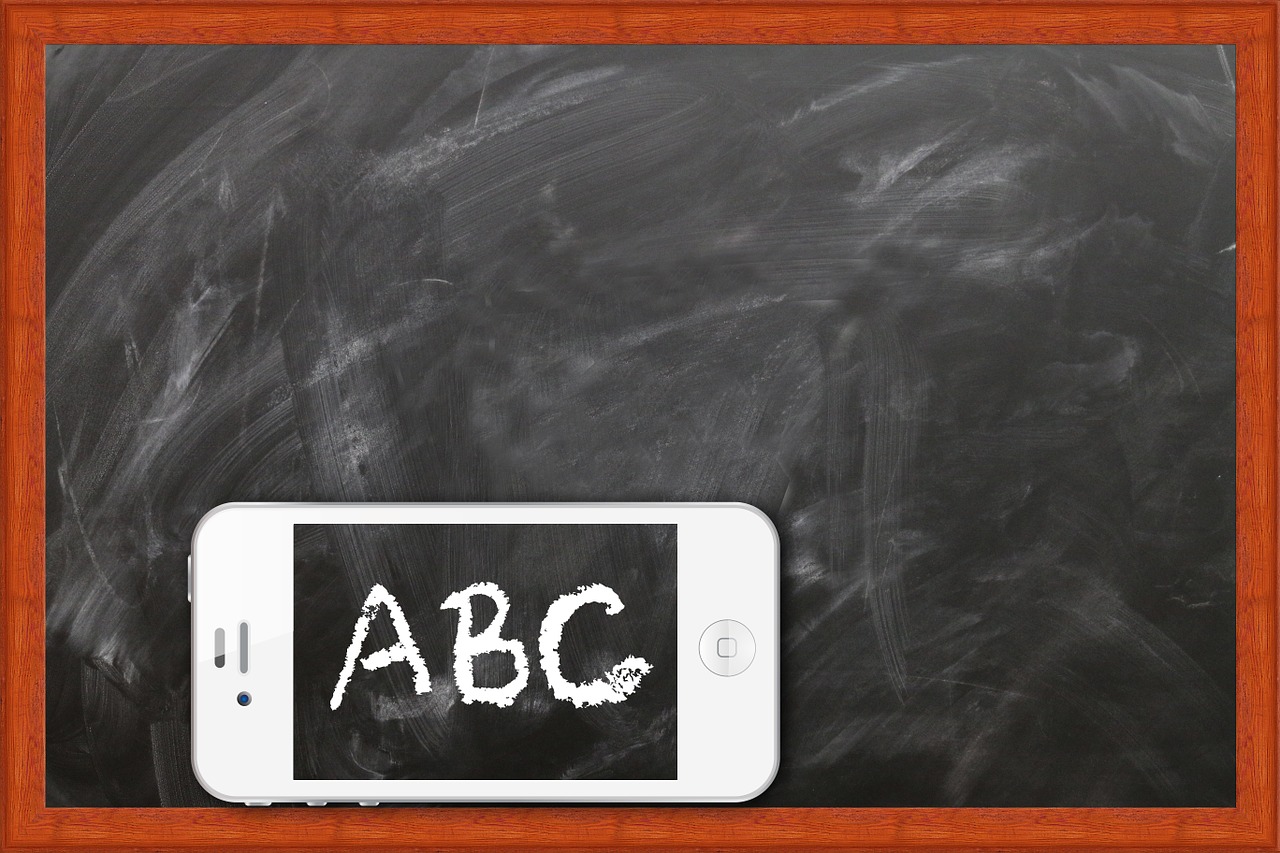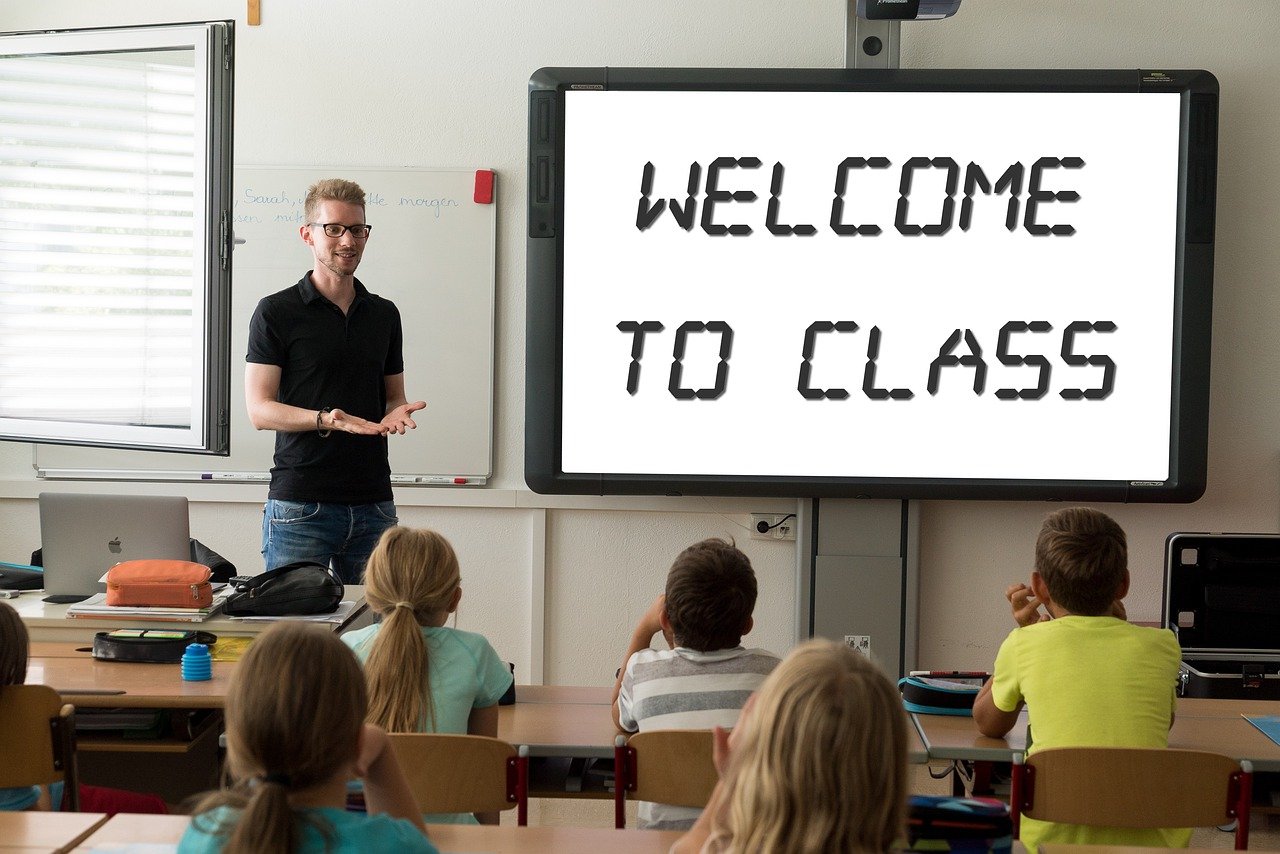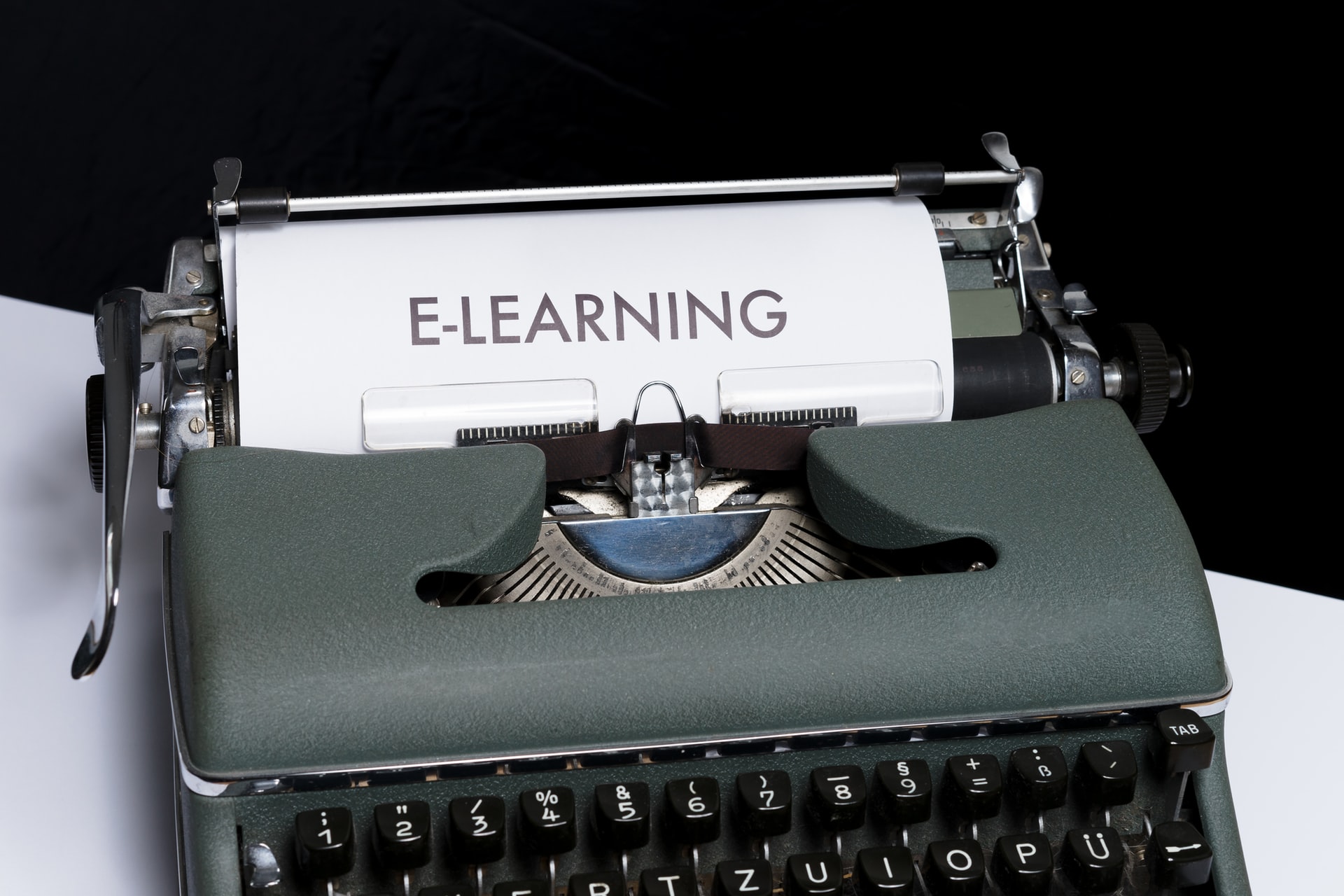Is Education a Basic Human Right?

Everybody has the right to life, liberty, and personal security. We have distinct and inalienable rights as humans that safeguard our freedom as people in a variety of ways. According to the United Nations Human Rights Office, these criteria apply to everyone on the planet, irrespective of ethnicity, religion, or any other factor.
Understanding your basic human rights is critical to ensuring that you are treated fairly in all situations. Unfortunately, these inherent advantages may be deficient in critical areas. Education is one significant component of the bill of the thirty basic human rights that lacks the necessary elements.
Why don’t we think about education as a fundamental human right, like the right to live, the freedom to express oneself, or the right to vote?
The Universal Declaration of Human Rights was created to serve as the world’s basis for liberty, justice, and peace. These essential principles serve as the foundation for society as a whole, regardless of location. Is there anything more important than education in promoting those values?
In reality, the right to education is acknowledged in Article 26 of the Universal Declaration of Human Rights. The problem is that it does not fully explain or detail the subject of what constitutes “elementary education.” Many countries have yet to implement what would be considered a basic education for all citizens.
Girls are more probable than boys to be denied these fundamentals, yet both genders frequently forego school in favor of less desirable hobbies. They may be made to drop out of school to help their families financially. They may even be compelled to serve as child soldiers in defense of their country from a young age.
With little safeguards in place to protect the sanctity of education, many children wander away or are pushed to engage in more “useful” activities.
These essential ideas are often pushed to the sidelines in many countries that have yet to adopt more rigorous educational frameworks. They are violated when people lack understanding of their inalienable rights and the best means to defend them. When a generation is raised without an education, they may not be able to fully enjoy all of their human rights.
Individuals who lack education are more vulnerable to poverty and oppression than those who have developed the ability to think critically and comprehend the fundamentals of economic progress. When we deny kids this essential human right, we are not providing them with the skills they need for success, either socially or economically.
Too frequently, we wonder how the world arrived at this condition of affairs. Many people believe that a basic education might lead to more significant progress in battling global poverty and oppression. According to the Global Partnership for Education, 61 million children are denied this fundamental right, a figure that is far too high.
If those 61 million children had access to the resources they required to acquire the foundations of reading, writing, and math, there would be more voices suggesting answers to our world’s major crises. The most acclaimed leaders frequently emerge from within suffering communities. These individuals can more properly judge where the current system falls short and implement innovative tactics to improve their lives as well as the community’s infrastructure.
Education is essential for empowering a new generation to bring their communities out of poverty and defend their basic human rights. According to the Right to Education Project, a firm foundation with education is both a tool for empowerment and a vital component for individual personality development.
Even while education has the potential to be a critical component in resolving many of the world’s economic challenges, many gray areas hinder it from attaining its full potential. These should be improved in the next years to enforce this fundamental human right and help it attain its full potential for future generations.



